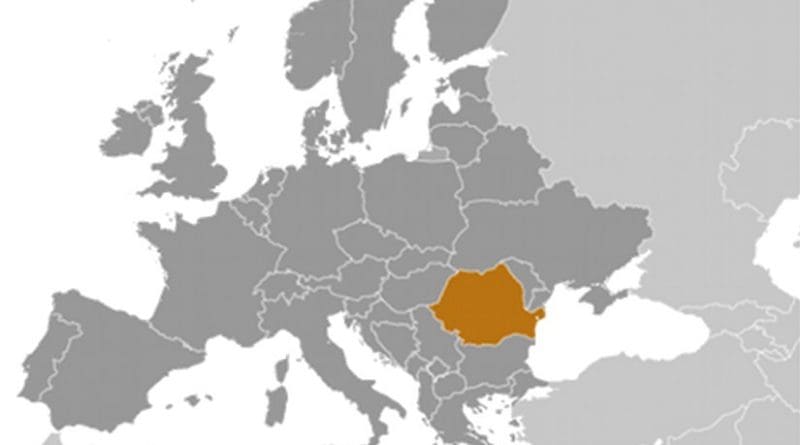Romania Withdraws Bid To Join Schengen Area
By Marian Chiriac
Romania has abandoned hope of being invited to join the passport-free Schengen zone on Thursday, as it became clear that Bulgarian and Romanian admission is on hold.
A session of the European Council for Justice and Home Affairs, JHA, scheduled for Thursday, will now not discuss the admission of Romania and Bulgaria to the Schengen area, as a decision has been postponed to the end of the year.
Romanian Prime Minister Victor Ponta said on Tuesday that Romania had asked for its integration into the Schengen zone to be removed from the agenda, as it “was clear that the decision will not be a favourable one”.
Ponta added that The Netherlands and “another EU country” opposed Romanian and Bulgarian admission.
He hinted that the other country might be Germany, saying it was a country “in good relations” with Romanian President Klaus Iohannis, who is an ethnic German.
Bulgarian National Radio also said on Tuesday that the agenda of the meeting only concerned the refugee crisis and border controls and not the expansion of the Schengen zone.
Joining the border-free area requires a unanimous vote of its current 26 members, four of which – Iceland, Liechtenstein, Norway and Switzerland – are non-EU members. Of the 28 EU states, Britain, Cyprus and Ireland have not joined.
Romania and its southern neighbour, Bulgaria, had hoped to join the borderless zone back in 2010.
Several nations, mainly Germany, Holland and Finland, have opposed Bulgaria and Romania joining, saying that both countries have serious corruption issues, and thus do not meet the key conditions for admission.
Romania has insisted that it meets all the technical criteria needed to control its more than 2,000km-long border, including with two non-EU countries, Ukraine and Moldova.
In recent months, the Ponta government has said that joining the Schengen area is no longer a national priority, however.
“The crisis caused by the wave of immigrants heading to rich countries in the Western Europe has surely influenced the perpective of EU states over the future extension of the Schengen space,” Romanian political analyst Cristian Inteanu said.
“We need to… stop lying to ourselves that we meet the technical criteria. It is obvious that allowing Romania and Bulgaria into the Schengen area will be made only if it strengthens the EU’s eastern border in such a difficult time,” he added.
The next meeting during which the Schengen bids of Bulgaria and Romania could be discussed is in December.

